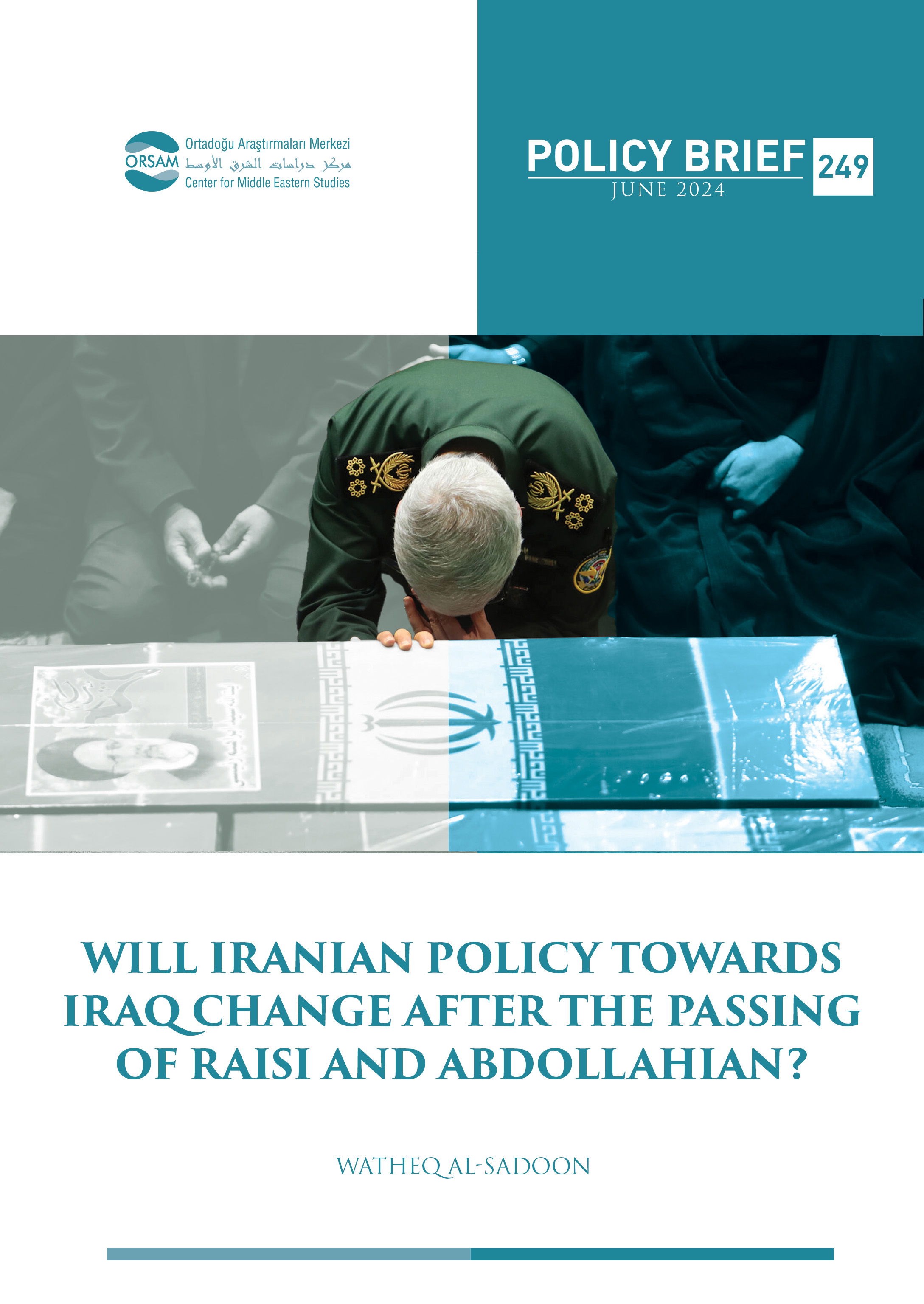
The Guiding Force for Moral Behaviour and the Role of Religion to Sustain it: A Comparative Study Through a Psychological Lens
Since time immemorial, the world has been shaped by various rules and codes of conduct. These rules, though varying with the demands of time, have been incorporated into human life to ensure harmony and prosperity. Of particular significance are the moral or ethical rules that have guided humanity along the path of goodness. Moral codes of conduct have always been tied to the idea of right and wrong, of goodness and evil, and are almost always introduced with religious or cultural undertones. While this may be the cause for differences in certain specific codes of conduct across different cultures and religions, nonetheless, there are also pieces of evidence pointing to a universal nature of moral and ethical values. There are some of these values that remain the same across cultures, and religions are causes for exploration. Therefore, the current paper seeks to explore the similarities in ethical or moral values and behavior found in religious scriptures, namely Futuwwat-nama and certain Hindu scriptures. Moreover, the paper briefly examines modern psychological theories to understand morality through religion. For this purpose, we have examined Muhammad ibn al-Husayn al-Sulami’s Futuwwat-nama, ‘The Book of Sufi Chivalry,’ and some Hindu scriptures, such as the ‘Rig Veda’, ‘Manu Smrithi’ and ‘Mahabharata’ to name a few. Three








